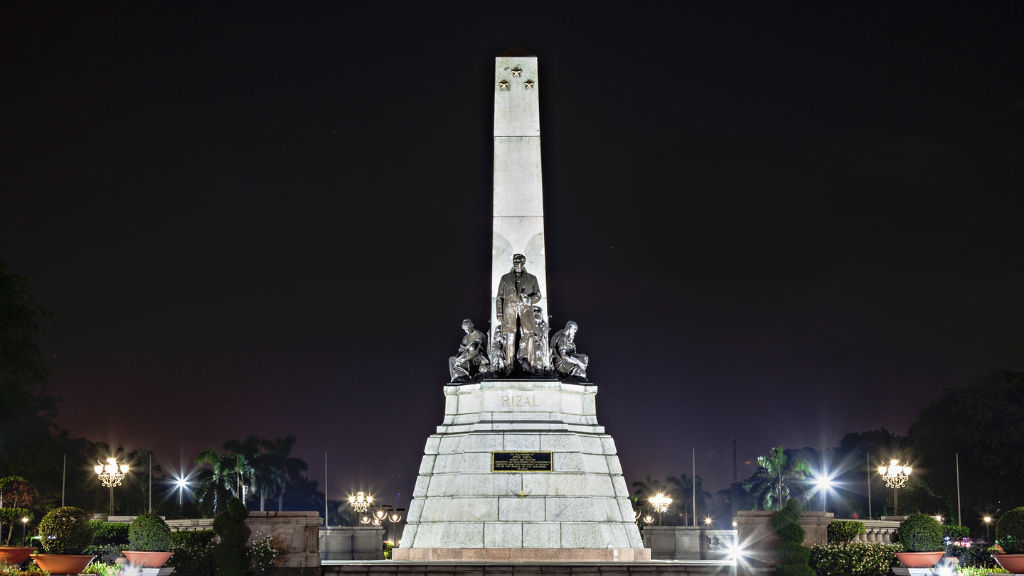
The Philippines is poised to exit the Financial Action Task Force (FATF) “grey list” soon, despite facing significant challenges with money laundering activities, particularly in the gaming sector, according to Moody’s senior director, Choon Hong Chua.
In an interview with Philippine media Business World, Chua, who heads the Financial Crime Practice Group for Asia, the Pacific, and the Middle East, highlighted the country’s commitment to strengthening anti-money laundering (AML) and counter-financing of terrorism (CFT) controls.
In February, FATF released its grey list which included the Philippines, and it said that being included in the list means the country is still under “increased monitoring” – specifically on its progress in resolving within agreed timeframes some strategic deficiencies in its defences against dirty money and terrorism financing.
The Paris-based money-laundering watchdog, which meets three times a year, last reviewed the Philippines’ status in February. Despite the country’s appeal, it remained on the grey list due to ongoing challenges in effectively supervising designated non-financial businesses and professions (DNFBPs), which include sectors like casinos, real estate, law, and accountancy.
Chua pointed out that the Philippines has implemented more stringent AML/CFT requirements, indicating a strong commitment to combating financial crimes. The country’s efforts to enhance its financial oversight and regulatory frameworks are viewed positively, contributing to its potential removal from the FATF grey list.
Despite these improvements, the gaming sector remains a significant concern for money laundering in the Philippines. The country has witnessed a high incidence of money laundering activities linked to online gambling, casinos, and betting centres. According to Moody’s Grid database, the Philippines was among the top five Southeast Asian countries with notable money laundering events from 2018 to 2023. Between 2022 and 2023 alone, there was a 45 percent increase in such incidents.
In addition to gaming-related money laundering, organised crime, and complex scam operations also contribute to the financial crimes landscape in the Philippines. These activities often involve sophisticated schemes set up within the country, further complicating the AML/CFT enforcement efforts.
President Ferdinand Marcos, Jr. has directed government agencies to accelerate efforts to remove the Philippines from the grey list. The Anti-Money Laundering Council (AMLC) has also committed to intensifying investigations and prosecutions of illicit financial activities.
Chua emphasised the importance of the private sector’s role in adhering to AML/CFT requirements and collaborating with public entities. Financial institutions and other private sector stakeholders are urged to allocate resources towards developing capabilities for a more efficient and digitized AML system.